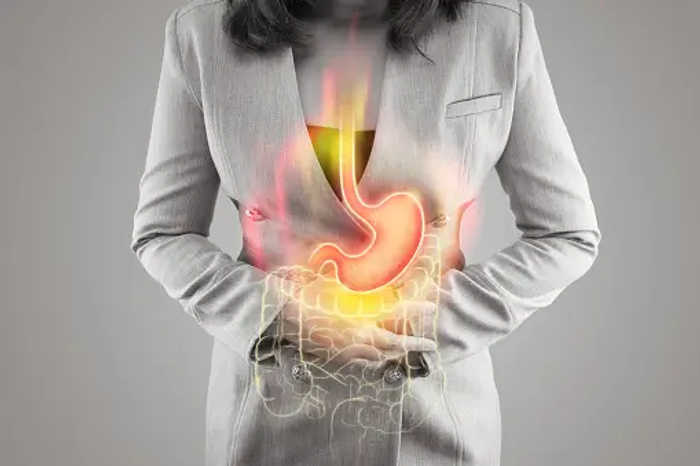Published 19:09 IST, July 21st 2024
Are Acidity And Sleep Co-Related? All You Need To Know
Acidity, or acid reflux, is a common digestive issue where stomach acid flows back into the esophagus, causing a burning sensation in the chest, and sour taste.
- Lifestyle Health
- 2 min read
Acidity, or acid reflux, is a common digestive issue where stomach acid flows back into the esophagus, causing a burning sensation in the chest, sour taste, and discomfort, particularly after meals or during sleep. While antacids offer temporary relief, chronic reliance on them can lead to more severe health issues, such as chronic acid reflux and poor digestion.
Sleep plays a role in acidity?
Disruptions in sleep patterns significantly impact our circadian rhythms, which regulate vital bodily functions like hormone secretion, metabolism, and digestion. Poor sleep hygiene or irregular schedules can lead to dysregulation of these processes, exacerbating digestive issues like acidity.

Cravings and late-night eating
Lack of sleep often triggers cravings for junk and processed foods high in fats, sugars, and additives. These foods irritate the stomach lining and worsen acidity. Moreover, poor sleep reduces insulin sensitivity, making glucose metabolism less efficient and compounding digestive problems.
Late-night eating disrupts the natural rhythm of our digestive system, which aligns with daylight and darkness. When we eat late at night, our digestive organs are forced to work when they should be resting, leading to discomfort and increased acidity. Staying awake late also keeps the body in an active state, prompting nighttime cravings and further disrupting digestion.

Acidity's impact on sleep
Acidity can significantly disrupt sleep, making restful sleep difficult. Symptoms like a burning sensation, chest pain, sour taste, and frequent burping often intensify when lying down. Eating dinner too close to bedtime exacerbates this, as lying down facilitates stomach acid moving into the esophagus.

Tips for managing acidity and improving sleep
Eat early: Have dinner closer to sunset, allowing ample time for digestion before bed.
Chew thoroughly: Chew your meals well to aid digestion and reduce acid reflux.
Sleep-position: For chronic acidity, try sleeping in a reclining position or on your right side to prevent stomach acid from rising into the esophagus during the night.
Updated 19:09 IST, July 21st 2024
